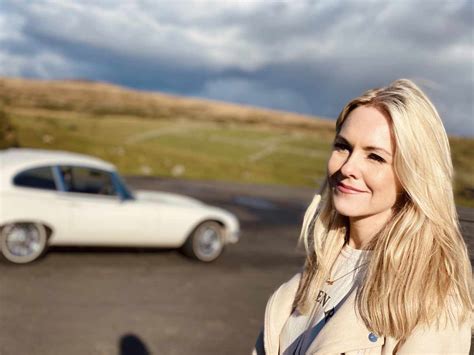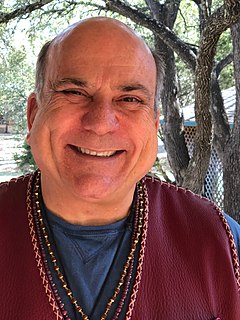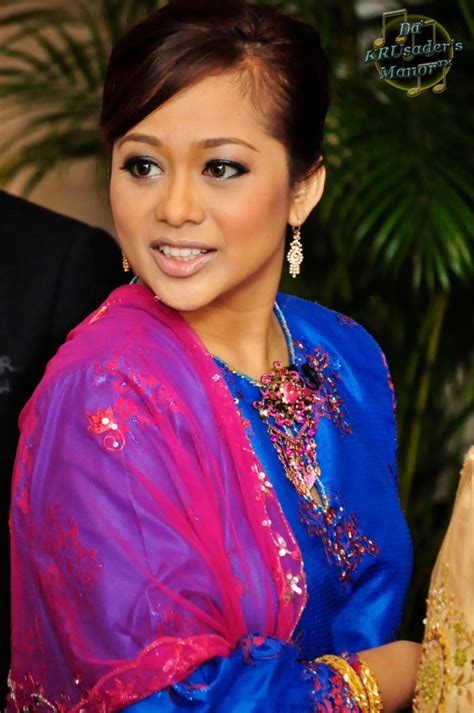A Quote by Marie Kondo
It's important to understand your ownership pattern because it is an expression of the values that guide your life. The question of what you want to own is actually the question of how you want to live your life.
Related Quotes
There is only one important point you must keep in your mind and let it be your guide. No matter what people call you, you are just who you are. Keep to this truth. You must ask yourself how is it you want to live your life. We live and we die, this is the truth that we can only face alone. No one can help us, not even the Buddha. So consider carefully, what prevents you from living the way you want to live your life?
It's your life - but only if you make it so. The standards by which you live must be your own standards, your own values, your own convictions in regard to what is right and wrong, what is true and false, what is important and what is trivial. When you adopt the standards and the values of someone else . . . you surrender your own integrity. You become, to the extent of your surrender, less of a human being.
Because everybody who has ever lost their way in life has felt the nagging insistence of that question. At some point we all look up and realize we are lost in a maze, and I dont want us to forget Alaska, and I don't want to forget that even when the material we study seems boring, we're trying to und3erstand how people answered that question and the question each of you posed in your papers--how different traditions have come to terms with what Chip, in his final, called 'people's rotten lots in life.
Lawyers know that certain witnesses are simply not going to be cooperative and are not going to answer the questions. And what matters at that point is what is your question? Because everything you want the jury to know should be in your question, or everything you want the jury to wonder about should be in your question.
People want their reason for living to be a singular thing, like a career or a relationship, because this makes an individual feel secure in the physical world. We don't fare well in the realm of the invisible - so telling someone that their purpose is multilayered and includes the arduous journey of discovering who they really are is not always the answer they want to hear. But consider the complexity of the question: "What is my reason for living?" How can that question not include a journey into the depths of your own life?


































